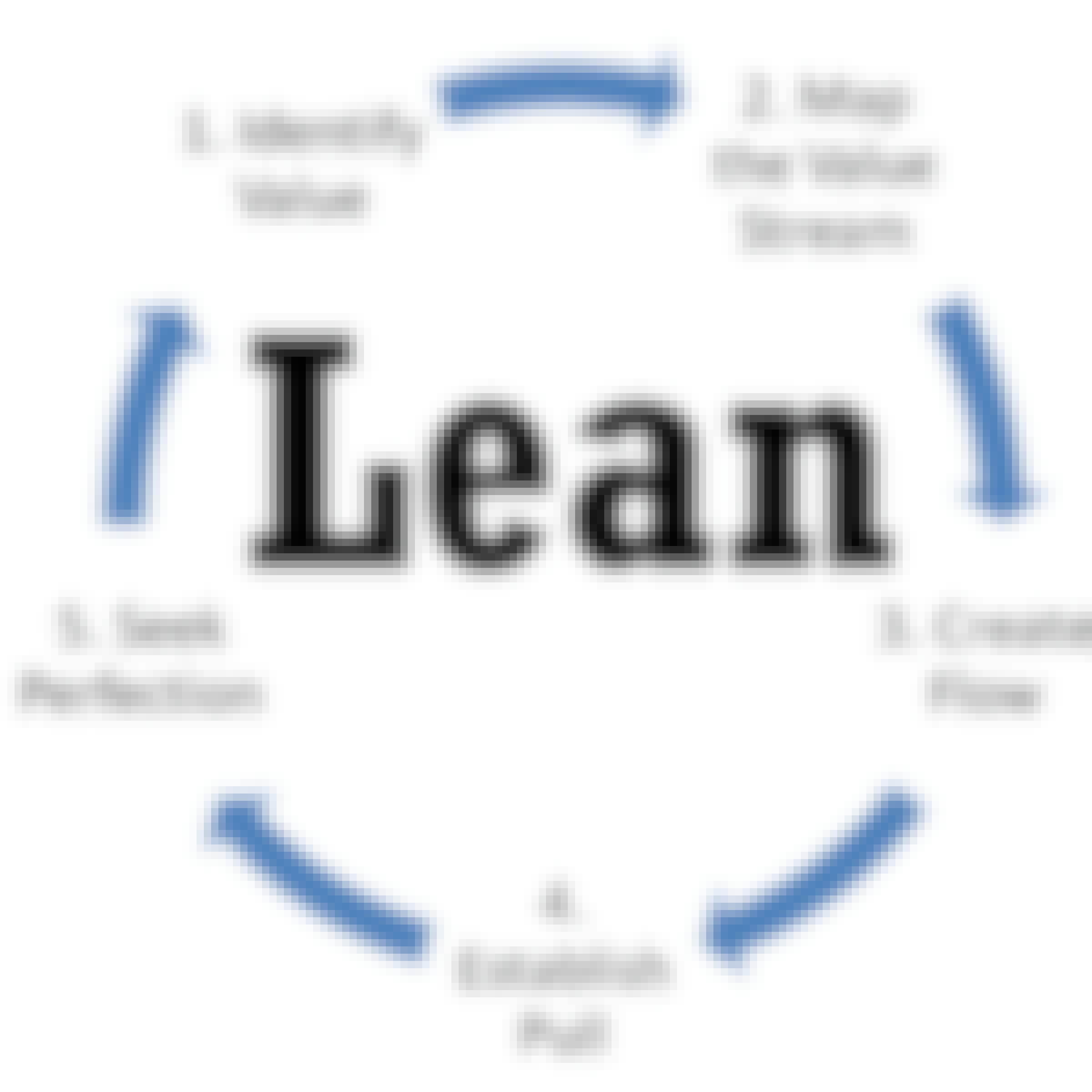Filter by
SubjectRequired
LanguageRequired
The language used throughout the course, in both instruction and assessments.
Learning ProductRequired
LevelRequired
DurationRequired
SkillsRequired
SubtitlesRequired
EducatorRequired
Explore the Biomedical Engineering Course Catalog

University of Illinois Urbana-Champaign
Skills you'll gain: Application Specific Integrated Circuits, Hardware Design, Computer-Aided Design, Electronic Hardware, Systems Design, Computer Architecture, Electrical and Computer Engineering, Engineering Design Process, Semiconductors, Network Routing, Computational Logic, Data Structures, Algorithms, Mathematical Modeling, Calculus
 Status: Free Trial
Status: Free TrialUniversity of Toronto
Skills you'll gain: Geographic Information Systems, GIS Software, Spatial Analysis, Spatial Data Analysis, Geospatial Mapping, Query Languages, Data Processing, Data Manipulation, Image Analysis, Data Integration
 Status: Free Trial
Status: Free TrialGoogle Cloud
Skills you'll gain: Dataflow, Google Cloud Platform, Data Processing, Data Pipelines, Cloud Engineering, Data Lakes, Systems Design, Big Data, Dashboard, Cloud Infrastructure, Data Visualization, MLOps (Machine Learning Operations), Real Time Data, Data Infrastructure, Data Warehousing, Extract, Transform, Load, Cloud Storage, Applied Machine Learning, Artificial Intelligence and Machine Learning (AI/ML), Data Visualization Software

University of Pennsylvania
Skills you'll gain: Peer Review, Prototyping, Architectural Drawing, Conceptual Design, Design, Product Design, Aesthetics, Design Thinking, User Experience Design, Human Centered Design, Needs Assessment, Ideation, Problem Solving
 Status: Free Trial
Status: Free TrialUniversity of Pennsylvania
Skills you'll gain: Environmental Social And Corporate Governance (ESG), Waste Minimization, Corporate Sustainability, Environmental Issue, Insurance, Environmental Resource Management, Product Lifecycle Management, Environmental Regulations, Business Risk Management, Risk Management, Sustainability Reporting
 Status: Free Trial
Status: Free TrialUniversity of Colorado Boulder
Skills you'll gain: Semiconductors, Display Devices, Computer Displays, Systems Design, Electrical Engineering, Technical Design, Electronic Systems, Electronics, Electronics Engineering, Equipment Design, Electronic Components, Technology Solutions, Performance Testing, Physics, Mathematical Modeling, Emerging Technologies, Simulation and Simulation Software
 Status: Free Trial
Status: Free TrialUniversity of Minnesota
Skills you'll gain: Design Thinking, Process Mapping, Kanban Principles, User Experience Design, Lean Methodologies, Lean Manufacturing, Agile Software Development, Product Development, Lean Six Sigma, Process Improvement, Software Development, Software Development Methodologies, Continuous Improvement Process, Innovation, Prototyping
 Status: Free Trial
Status: Free TrialSkills you'll gain: Generative AI, Exploratory Data Analysis, Data Ethics, Feature Engineering, Predictive Modeling, Data Storytelling, Data Modeling, Data Presentation, Predictive Analytics, Data Synthesis, Data Analysis, Data Cleansing, Data Visualization Software, Data Manipulation, Natural Language Processing

Universidades Anáhuac
Skills you'll gain: AI Personalization, Generative AI, ChatGPT, Data Ethics, Education Software and Technology, Prompt Engineering, Artificial Intelligence, Emerging Technologies, Critical Thinking, Natural Language Processing

Tecnológico de Monterrey
Skills you'll gain: Integral Calculus, Calculus, Graphing, Mechanics, Physics, Mathematical Modeling, Advanced Mathematics, Applied Mathematics, Linear Algebra, Trigonometry, Geometry, Derivatives

Instituto Tecnológico de Aeronáutica
Skills you'll gain: Control Systems, Process Control, Automation Engineering, Design Specifications, System Design and Implementation, Engineering Analysis, Performance Tuning, Engineering Calculations, Simulation and Simulation Software, Mathematical Modeling

University of Alberta
Skills you'll gain: Computational Thinking, Video Game Development, Game Design, Programming Principles, Animation and Game Design, Software Quality (SQA/SQC), Computer Programming, Program Development, Software Engineering, Python Programming, Algorithms, Pseudocode, Application Development, Debugging, Problem Management, Functional Testing, Test Planning
Biomedical Engineering learners also search
In summary, here are 10 of our most popular biomedical engineering courses
- VLSI CAD Part II: Layout: University of Illinois Urbana-Champaign
- Spatial Analysis and Satellite Imagery in a GIS: University of Toronto
- Preparing for Google Cloud Certification: Cloud Data Engineer Professional Certificate en Español: Google Cloud
- Design: Creation of Artifacts in Society: University of Pennsylvania
- ESG and Climate Change: University of Pennsylvania
- Active Optical Devices: University of Colorado Boulder
- Lean Software Development: University of Minnesota
- Generative AI: Elevate Your Data Science Career: IBM
- AI para docentes: Transforma tu enseñanza con ChatGPT: Universidades Anáhuac
- Conceptos y Herramientas para la Física Universitaria: Tecnológico de Monterrey










